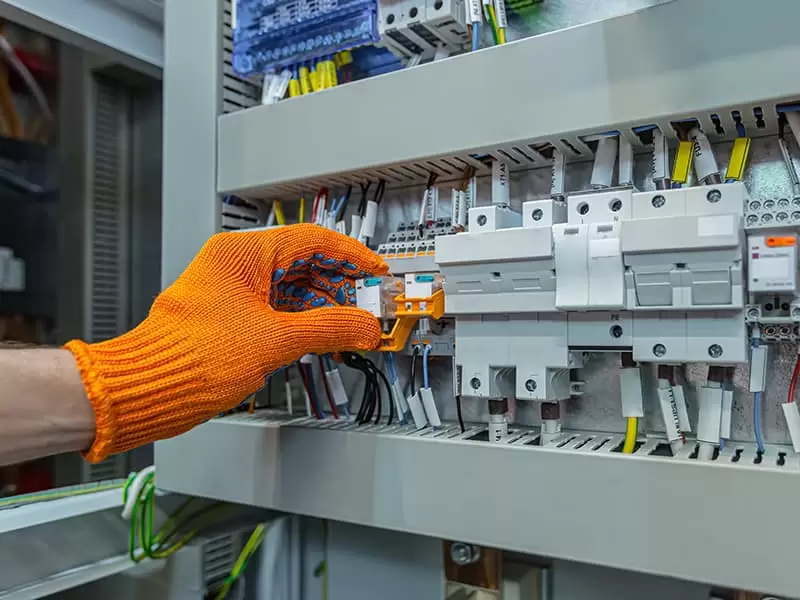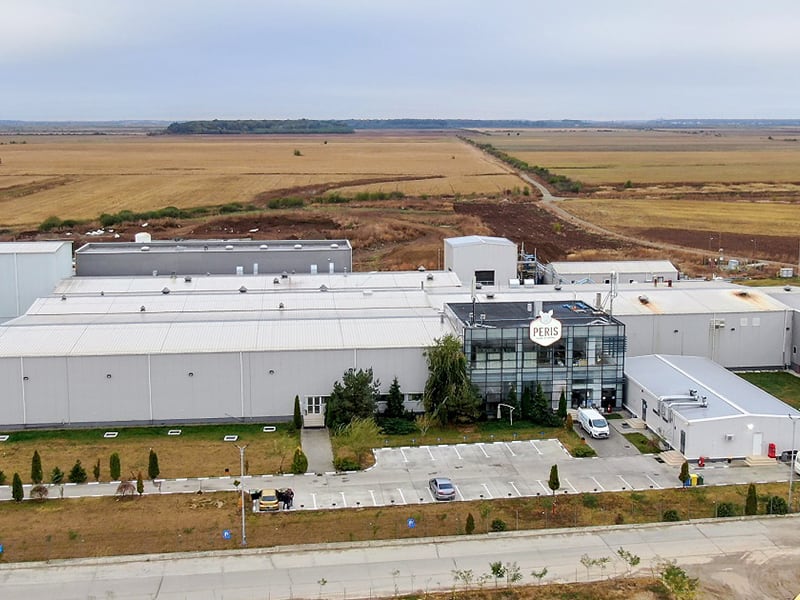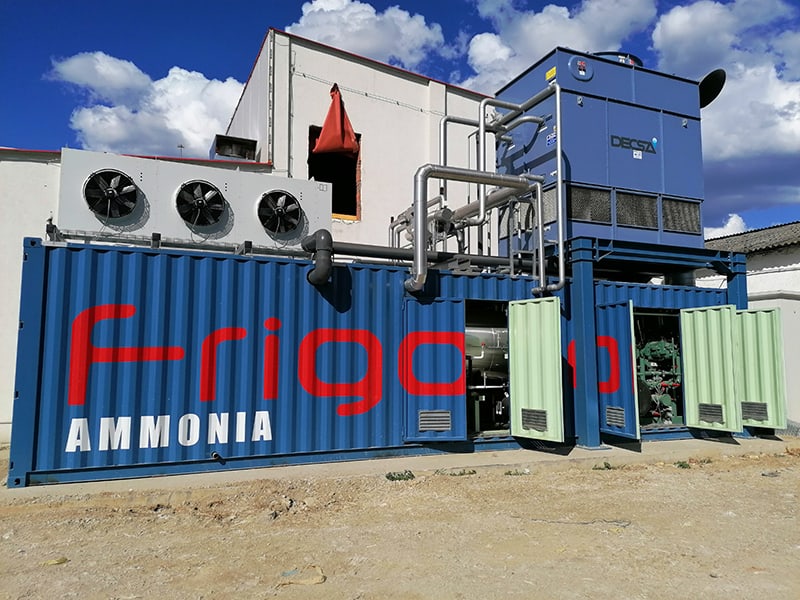Energy audit, energy efficiency of refrigeration installations
FRIGO Consult Tehnic AB regularly conducts an energy consumption audit. The purpose of this audit is to help you save energy, prevent its wastage, and optimize the use of unused thermal products (heat recovery).
During an energy consumption audit, the energy flow is analyzed and monitored. An energy balance will be established, and based on this, as well as information regarding logistics and construction, energy-saving possibilities will be presented, taking into account a cost-benefit analysis. Water control can be performed alongside energy consumption control.
Historically, the company has operated as a specialist in improving the efficiency of refrigeration systems. Existing system concepts are analyzed for potential improvements.
Based on the results and ideas from clients, an optimization plan will be initiated to ensure that the improvements are real and can be implemented during the most convenient times.
Due to the extended operating life of the refrigeration system, it is advisable to check if improvements can be made to save energy. Energy savings can be achieved depending on how the system is used, by replacing parts, or by enhancing its functionality.
You can make improvements or changes based on modifications in legislation, such as the Environmental Management Service Law.

Indiferent că vorbim de o instalație frigorifică sau mașina cu care facem deplasări, trebuie să urmăm programul de întreținere recomandat de producător. Din păcate, sunt instalații frigorifice care din cauza neîntreținerii corecte se degradează și, în cel mai rău caz, cresc consumurile energetice.
Energy costs represent a significant expense for companies operating industrial refrigeration systems. In new construction projects, substantial energy savings can be achieved by incorporating energy-efficient technologies into the initial design. However, proper maintenance not only ensures a longer lifespan for the refrigeration or air conditioning system but also helps reduce energy consumption.
We can demonstrate that through an audit of a refrigeration or air conditioning system, opportunities to save at least 5% on electricity can be identified. For expanded or renovated facilities, ensuring the efficiency of refrigeration systems can lead to significant energy savings without compromising productivity. Efficient refrigeration or air conditioning systems, developed through proper design, the use of premium efficiency equipment, and the installation of appropriate system controls, along with regular maintenance, ensure long service life and energy savings.
Refrigeration is of significant importance on a national scale. Most systems consume more energy than necessary due to how they are designed, maintained, and operated. Efficiency can lead to substantial cost savings for users: systems typically cost about six times more to operate over their lifetime than to purchase, yet simple measures can reduce energy consumption by approximately 20%.
Savings directly contribute to profit. An energy-efficient system is typically more reliable, leading to savings throughout its lifetime due to fewer repairs and less downtime. More end-users are now considering lifetime costs as an important part of their specifications, and this trend will continue to grow.
Designing energy-efficient systems should help you gain credibility with clients, as an energy-efficient system will reduce their lifetime costs. Adopting these principles will enhance the environmental image of your company and the industry. Efficiency is about applying current knowledge and existing technology. Energy-efficient design is not difficult to achieve; it involves applying the fundamental knowledge of the refrigeration industry.
Most food factories use refrigeration to store raw products and ingredients. Refrigeration can consume large amounts of energy. Often, cooling towers are used in the refrigeration process, which also requires significant amounts of water. Therefore, efficient use of refrigeration can lead to savings in water, energy, and costs.
Refrigerant leaks are an important health, safety, and environmental concern that can also reduce the efficiency of a refrigeration system. Leaks typically occur at flange joints, flexible hoses, and damaged pipes. A reduced refrigerant charge causes the compressor to work harder, decreasing the cooling effect. Using the correct refrigerant charge can reduce cooling costs by 5-10%. A study of 74 refrigeration systems found incorrect refrigerant charging in over 40 of them.
These activities require specialized knowledge and, as such, should always be carried out by an experienced professional. Additionally, it is important to rely on a technician with expertise in the maintenance of refrigeration equipment, as each piece of equipment may have specific features that need to be monitored, and only a technician familiar with the equipment will be aware of these details.
A maintenance plan will be specialized according to your installation, equipment, energy efficiency goals, and more. There are several checks and simple tasks that installers or production staff can perform daily to ensure the proper functioning of the equipment at its best level.
Reducing losses in the cooling equipment
Losses in the evaporator can be reduced by increasing the pressure or temperature of the evaporator. A high pressure/temperature in the evaporator indicates that the system is extracting heat from the product without consuming too much energy. A 1°C increase in the evaporator temperature can improve compressor efficiency by 2-4%.
Properly sized evaporator
A small evaporator may have a lower capital cost, but it may require a larger compressor to handle the load, resulting in higher operating costs.
We offer you services of
Energy audit, energy efficiency of refrigeration installations
If you wish to speak with a specialist, you can do so right now. Please fill out the contact form, and we will get back to you as soon as possible.
See our latest projects:



